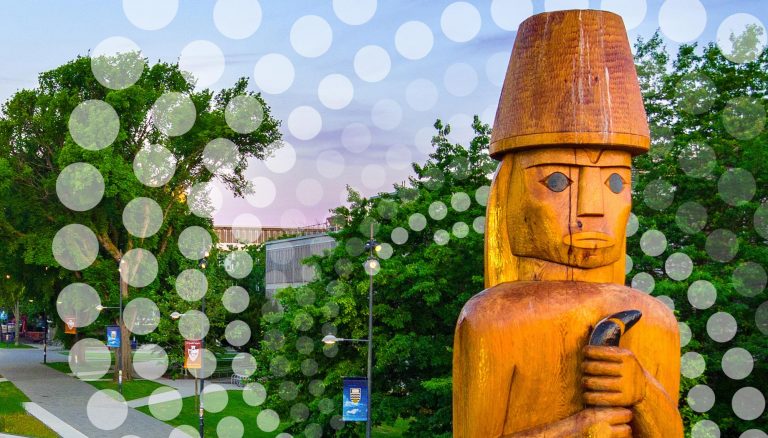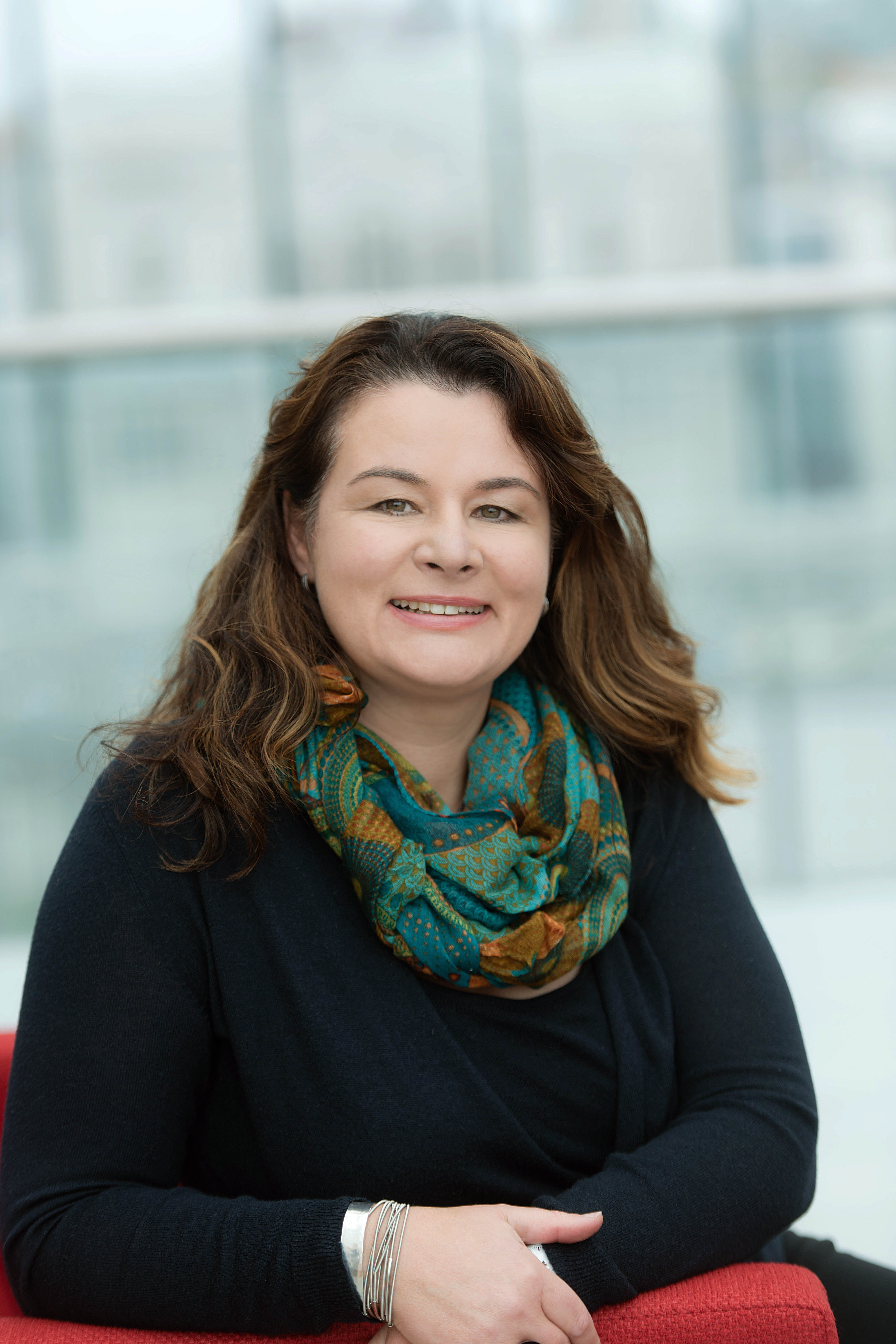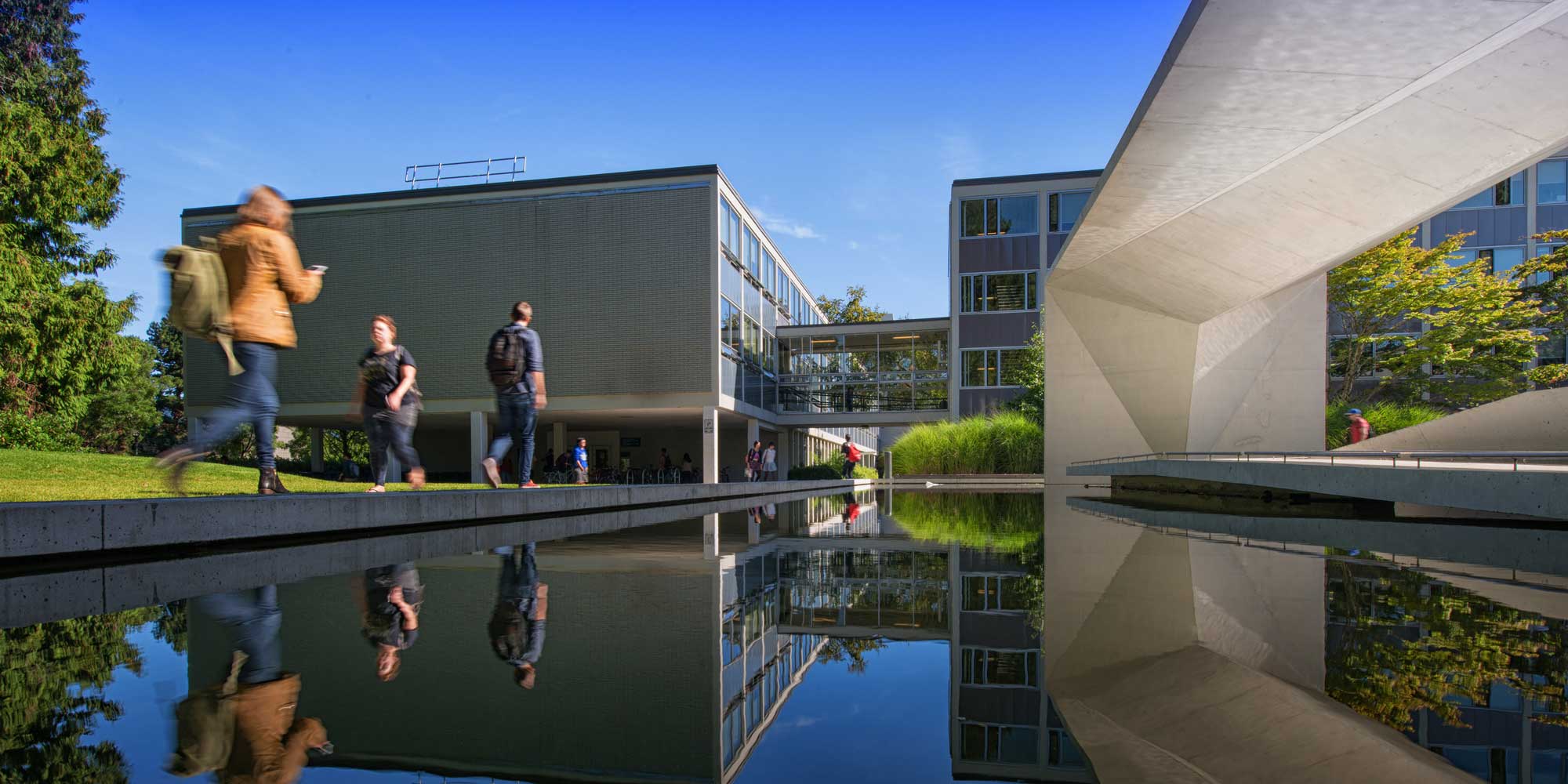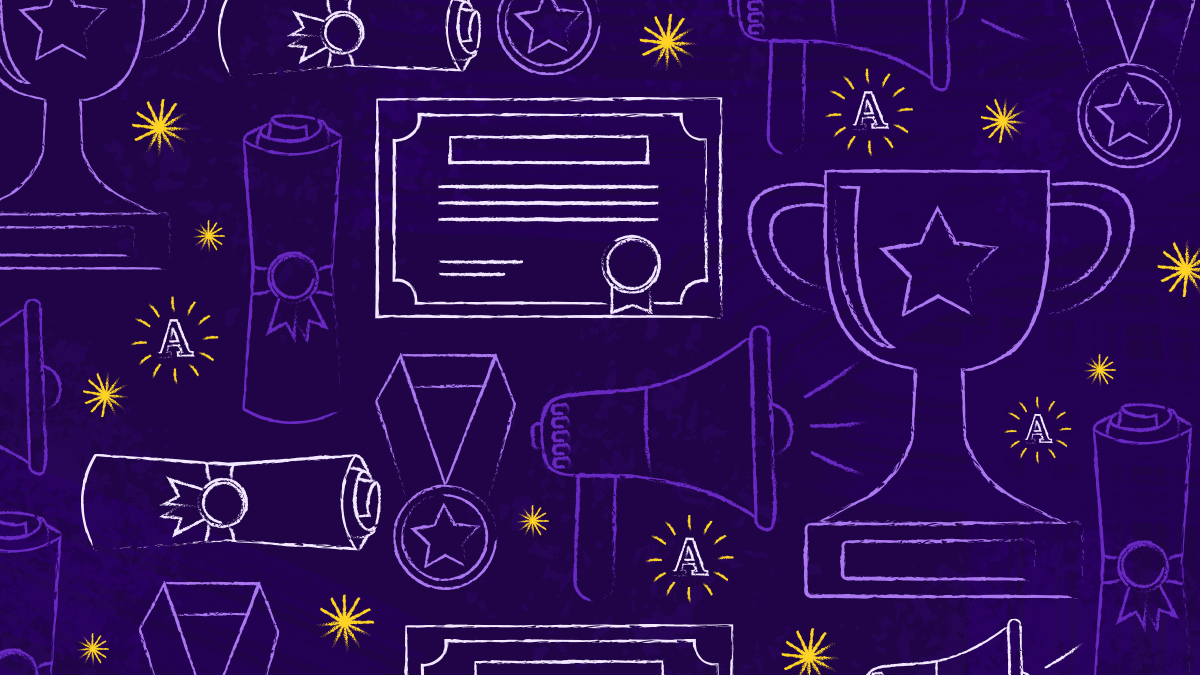

UBC has been selected to play host to the 2019 Congress of the Humanities and Social Sciences between June 1 – June 7, 2019.
In June 2019, some 10,000 people will flock to UBC to take part in Canada’s biggest academic gathering. The annual Congress of the Humanities and Social Sciences – more commonly known as “Congress” – brings together scholars, policy-makers and activists to build partnerships, and to share cutting-edge ideas on topics like censorship, the environment, and migration. The University’s theme for Congress 2019 is “Circles of Conversation” which will showcase creative critical engagements in literature, visual arts, and music and focus on scholarly relations with Indigenous communities.
UBC English Professor Laura Moss recalls her first time presenting a paper at Congress in Calgary, when she was still a graduate student. “I was terrified,” she admits. “But when I got there my association just seemed like such a good supportive community that I felt much less intimidated. It was amazing to meet others interested in the same questions I was interested in.”
Dr. Moss says that first experience at Congress helped her find her academic community. This year, and 15 Congresses later, she has the formidable task of organizing Congress 2019 – which is not only the biggest academic conference in Canada, but one of the biggest in the world. We spoke to her about what is involved and how members of the UBC community can participate, organize an event, or receive funding.
Why is Congress such a big deal? What makes it different from other academic conferences?
Part of what makes it different from other conferences is the sheer scope. We expect about 10,000 delegates to come to campus over the course of a week as 70 academic associations converge in one spot for their annual meetings. The smallest association will have 17 delegates and the largest will have 1200. The associations come from a range of disciplines and subspecialties within disciplines: from theatre studies to history to political science to education.
My own area is broadly known as English but I go to Congress to meet with colleagues in Canadian Studies at the Association of Canadian and Quebec Literatures, with colleagues in postcolonial studies at the Canadian Association of Commonwealth Language and Literatures, with fellow English faculty and students at the Association of Canadian College and University Teachers of English, and with other editors at the Canadian Association of Editors of Learned Journals. Congress 2019 will be my 15th Congress. I have gone since I was a grad student because I have always found it a great place to share my research in progress, get good feedback, and meet with lots of peers. When Congress comes to UBC in 2019, it will celebrate its 88th annual meeting.


Laura Moss, an Associate Professor of English and UBC Killam teaching prize winner, is the Academic Convenor for Congress 2019. Dr Moss will play a crucial role in the academic planning, multidisciplinary programming, and hosting of the conference.
What’s your involvement in Congress 2019?
My title is “academic convenor.” This means that I am in charge of programming events that go beyond the association programming. Many of these are to highlight the good work we do at UBC. Programming covers a series of public lectures called “Big Thinking” (this year by artists), critical and creative programming that will highlight the research and projects in the humanities and social sciences at UBC, programming around professional and graduate concerns at a series of events called the “Career Corner,” and family programming. The last area is my own addition to my duties. From experience, I know that happy, well occupied, families make it easier for academic parents to be full participants at the conference.
What are you most excited about for Congress 2019?
The theme of Congress 2019 is “Circles of Conversation.” I am excited about how we are going to be bringing together people from different areas of study to talk about some really important contemporary issues. In the Big Thinking series, for instance, we are going to hear from artists (like playwrights, writers, photographers, and filmmakers) who are concerned with issues such as censorship, the environment, migration, education, and the legacies of government policies.
How can UBC faculty and students get involved?
We want people to plan to attend Congress and to be active participants. We have created two programs to help make this happen.
- The “UBC Ambassadors” program invites applications from anyone who is already planning to go to Congress 2018 in Regina this May. We are looking for people to help promote Congress 2019 at Congress 2018 and then to bring back ideas to help us plan Congress 2019. The deadline to apply is March 31, 2018.
- The “UBC Subventions” program invites applications from people (grad students, contract faculty, faculty) who want to help host an event, create an exhibition, or showcase a special project. The deadline to apply is June 15, 2018.
Learn more about internal UBC funding initiatives in preparation for hosting Congress, or visit the Congress 2018 website for information about Congress in general.


